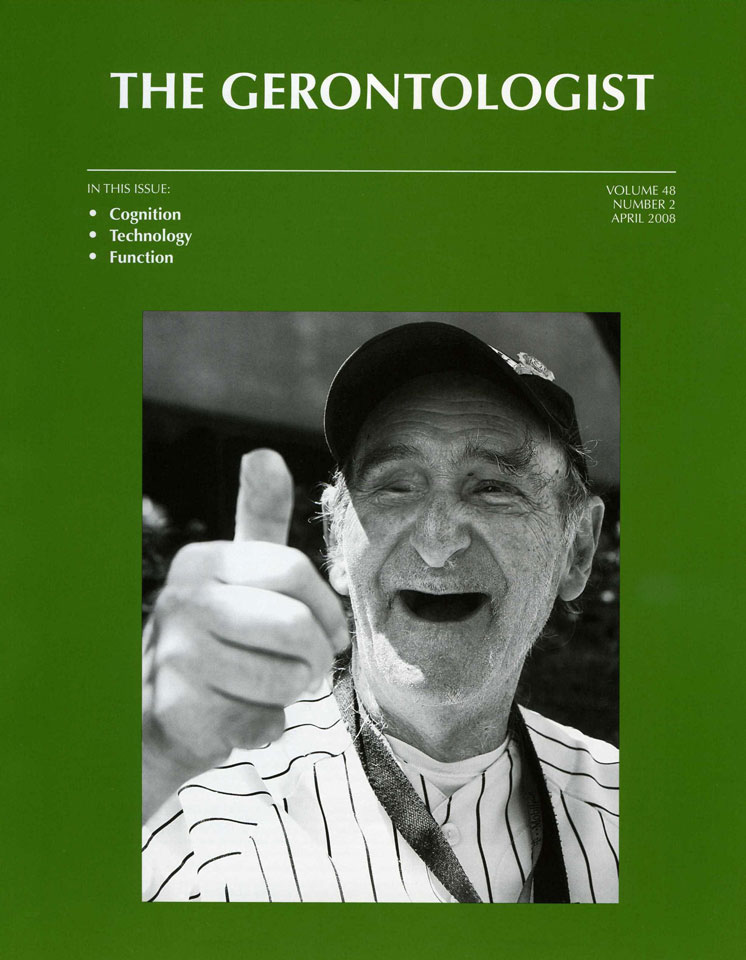
Sometimers, Alzheimer’s? I love that! That’s definitely me
Carney, G., Lugea, J. Fernandez-Quintanilla, C. and Devine. P. (2023) ‘Sometimers, Alzheimer’s? I love that! That’s definitely me’: Readers’ responses to fictional dementia narratives. The Gerontologist.
Our research project has resulted in a new article published in a special issue of The Gerontologist, dedicated to investigating how arts and humanities can find new pathways to understanding ageing. In the article we share our main findings of interest to gerontologists – those who study ageing and older people. The project shared extracts from novels whose protagonists had dementia at reading groups of people with dementia, carers, the general public and student social workers. In this article, we concentrate on reporting the views of participants with most direct lived experience of ageing – people with dementia and carers. We refer to them as ‘readers’ throughout the article.
Readers with dementia spoke about the fictional characters with dementia as if they were old friends. They used self-deprecating humour to draw parallels between themselves and the fictional characters.
The most exciting finding for us was how open and articulate the people with dementia were in describing their internal lives after diagnosis. Readers with dementia spoke about the fictional characters with dementia as if they were old friends. They used self-deprecating humour to draw parallels between themselves and the fictional characters. The title of the paper itself is drawn from a moment in one of our reading group sessions when one reader with dementia, ‘Will’ (a pseudonym), cites Saul Reimer from An Absent Mind who described his Alzheimer’s as more of a case of ‘Sometimer’s Alzheimer’s?’ to which Will responded ‘I love that! That’s definitely me’.
[Carers] were perhaps more sceptical, but still found the stories to be an accurate depiction of living with (and caring for) dementia, at least from their perspective.
It turns out that perspective is everything when it comes to dementia.
We also compare the responses of readers (who are carers) to the same extracts featuring these fictitious characters with dementia. These readers were perhaps more sceptical, but still found the stories to be an accurate depiction of living with (and caring for) dementia, at least from their perspective. It turns out that perspective is everything when it comes to dementia. In our final conclusions we recommend that society and policy-makers should listen more carefully to what people with dementia have to say about their experience of living with dementia. Once you shift your focus from popular disaster metaphors of the disease and start to listen to people who live with dementia, they begin to resemble other disabled people and the case for their rights as individuals becomes clear.
We hope that this article shows how approaches from the humanities can aid gerontologists in their efforts to communicate to society that the complex needs of older people are about more than disease management and control.
Watch this space for future articles arising from our reading group research!